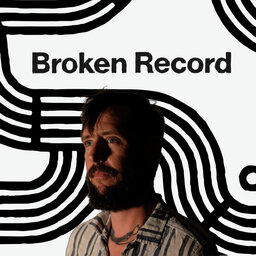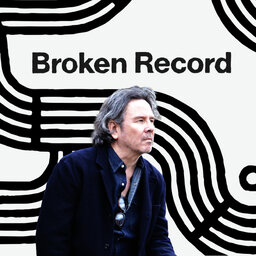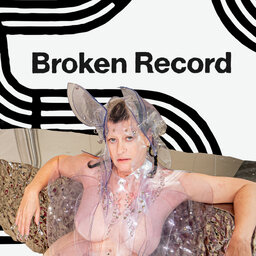Since his first conversation with Rick, Kenny Beats’ star has continued to rise. In the past couple of years he has produced songs with Ed Sheeran, Da Baby and Vince Staples. He’s also taken several trips to the UK, and produced over 30 songs with British artists like FKA Twigs and Slowthai. Today, Kenny explains how for the first time in the history of hip-hop, an American sub-genre made its way across the pond to the UK, only to come back to the States in an updated form that is now influencing American rappers. Kenny and Rick also talk about why they don’t care about understanding English rappers' slang, and how a group of German classical musicians are co-producing some of the biggest hip-hop records today.
Subscribe to Broken Record’s YouTube channel to hear old and new interviews, often with bonus content: https://www.youtube.com/brokenrecordpodcast and follow us on Twitter @BrokenRecord
You can also check out past episodes here: https://brokenrecordpodcast.com/
You can find the playlist for this episode HERE — enjoy!
Learn more about your ad-choices at https://www.iheartpodcastnetwork.com
 Broken Record with Rick Rubin, Malcolm Gladwell, Bruce Headlam and Justin Richmond
Broken Record with Rick Rubin, Malcolm Gladwell, Bruce Headlam and Justin Richmond


